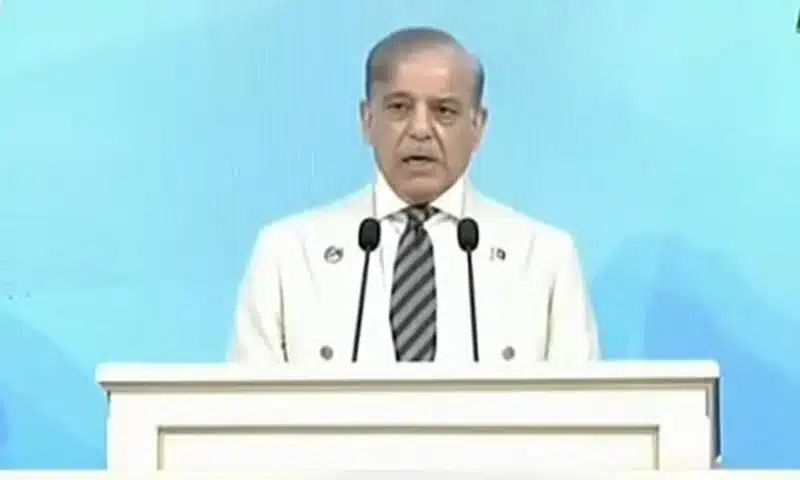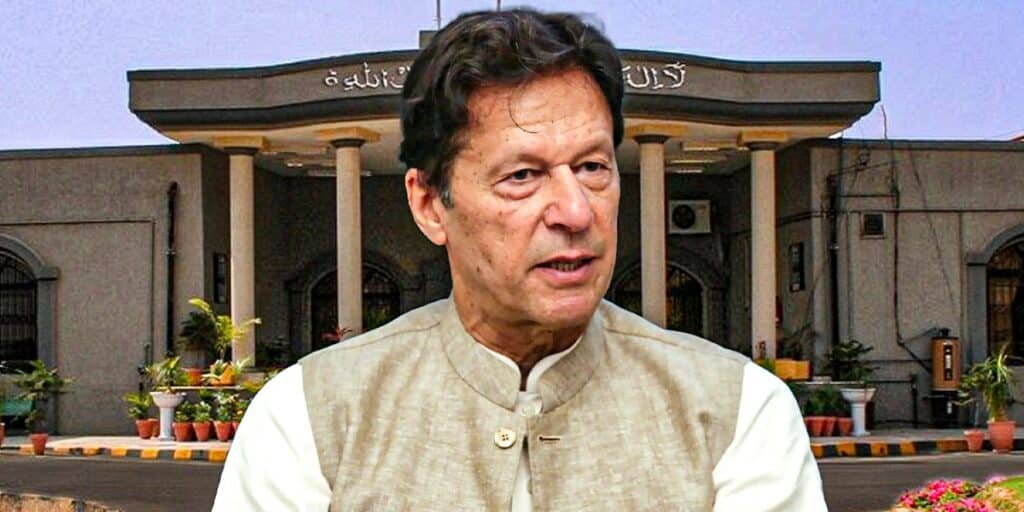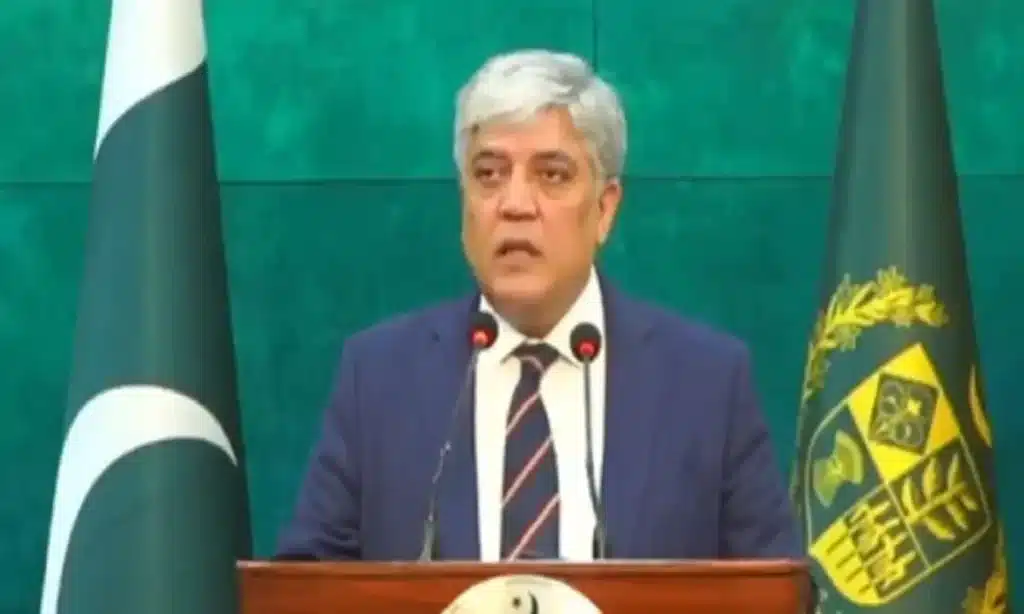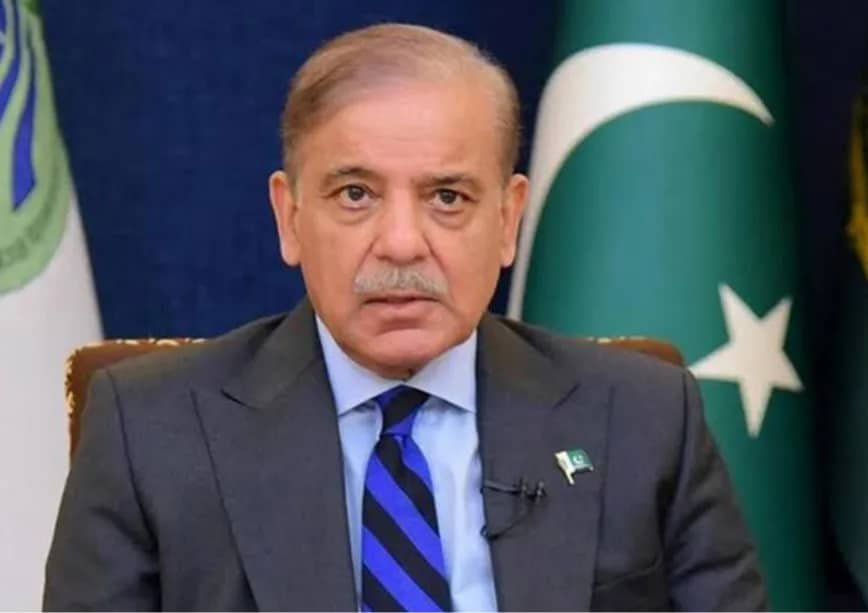PESHAWAR: Prime Minister Muhammad Shehbaz Sharif has said that Pakistan will never compromise on its share of water, and India could not unilaterally suspend the Indus Waters Treaty.
Addressing the high-level international conference ‘International Glaciers Conservation Program’ (IGCP 2025) held in Dushanbe, the capital of Tajikistan, the Prime Minister said that 13,000 glaciers in Pakistan are melting rapidly, which is not only a threat to the country’s water security but also to the global ecosystem. The Prime Minister said that almost half of Pakistan’s water reserves are derived from glaciers, but the devastating effects of climate change are severely damaging these precious natural resources. He said that Pakistan is not only currently among the 10 worst-affected countries by climate change but has also suffered its consequences in the form of the devastating floods of 2022. He clarified that the floods caused irreparable damage to Pakistan’s infrastructure, agricultural economy, and the lives of millions of people. The Prime Minister stressed that the protection of glaciers is a question of survival for us, not just an environmental issue. Shehbaz Sharif said that Pakistan contributes less than 0.5% to global carbon emissions, but it is bearing the brunt of the consequences of climate change. He called on the international community, especially developed countries, to fulfil their moral and financial responsibilities to address the environmental challenge.
In his address, the Prime Minister also castigated India and said that India’s decision to unilaterally suspend the Indus Waters Treaty is condemnable. He said in two words that ‘Pakistan will not compromise on its share of water. The Prime Minister assured world leaders that Pakistan takes the issue of climate change seriously and is taking all possible steps to address this challenge. Environmental protection is not the responsibility of developing countries alone, but it is a global duty. The Prime Minister’s address was an attempt to send a message to the world that although the impact of climate change is global, its burden is being unfairly borne by developing countries, and it is time for the world to seriously consider the principle of ‘environmental justice’.
Read also: Blocking Indus waters will have long-term consequences, Pakistan Army warns India





